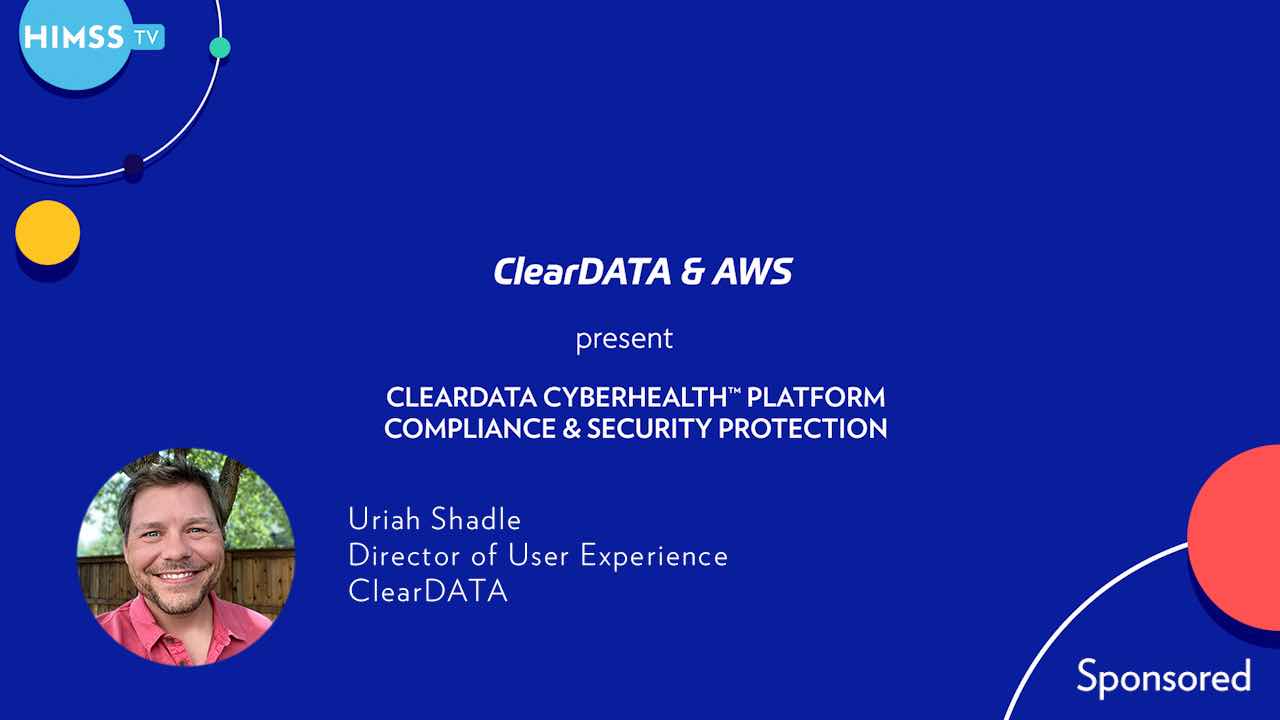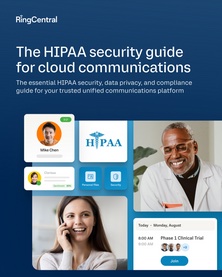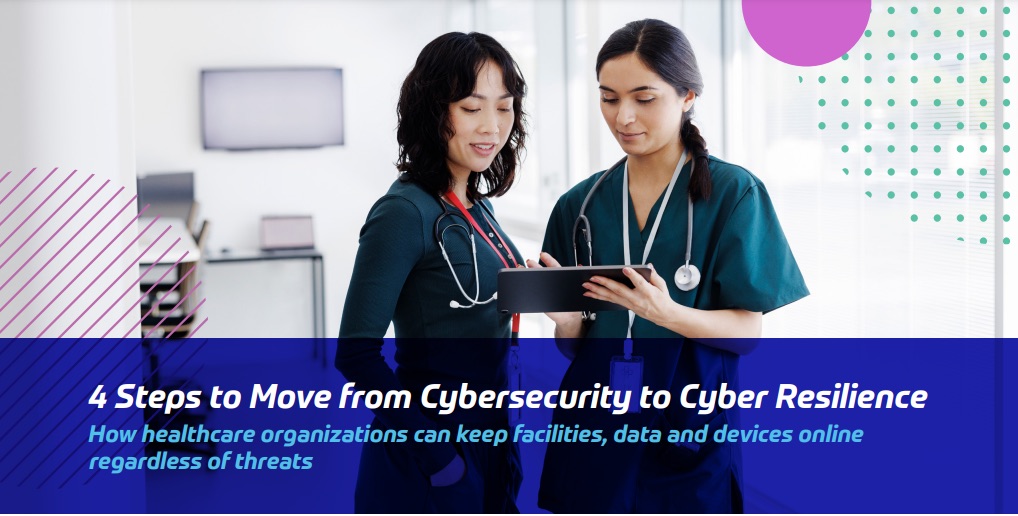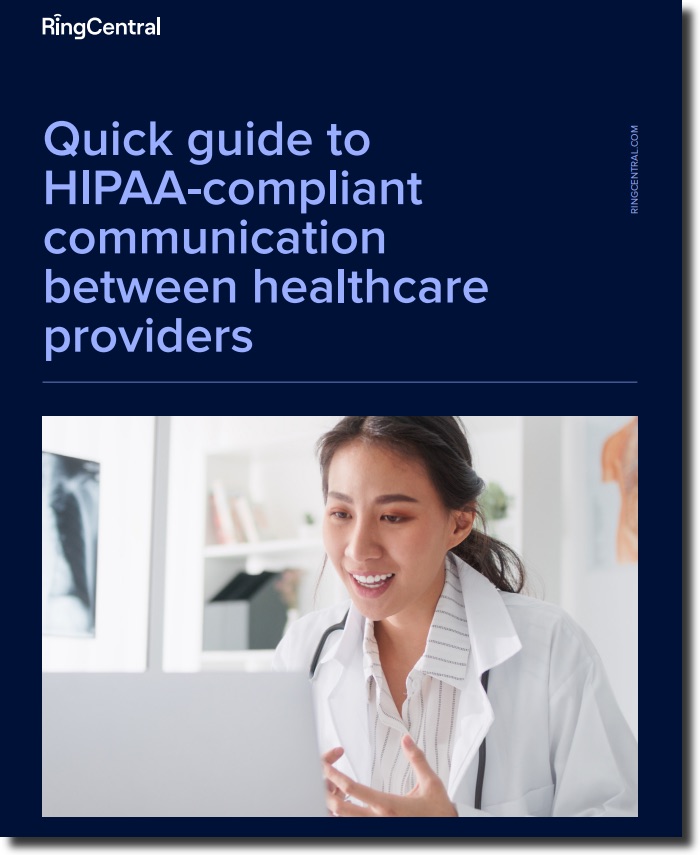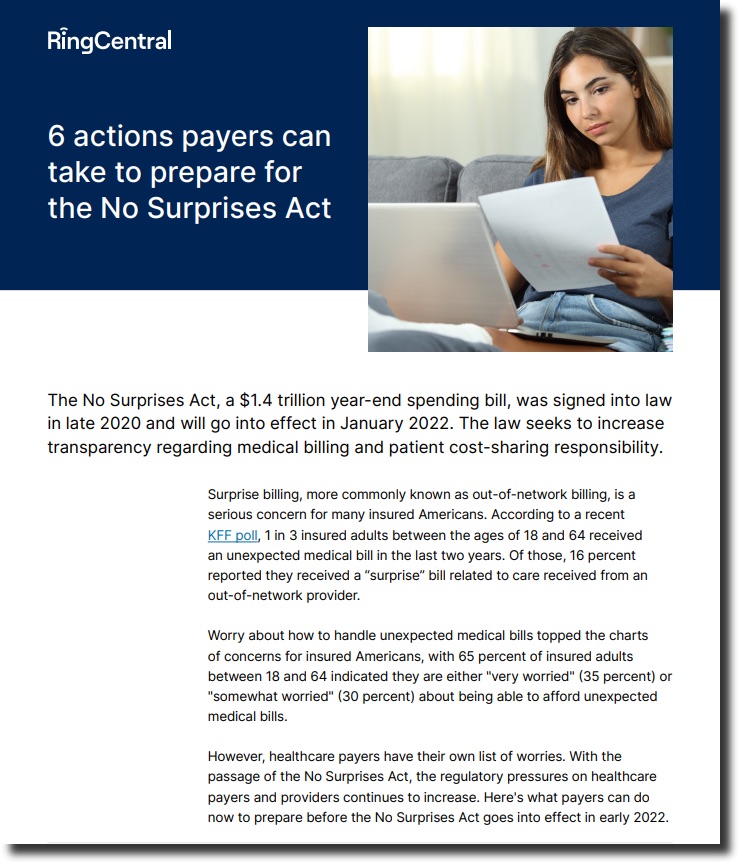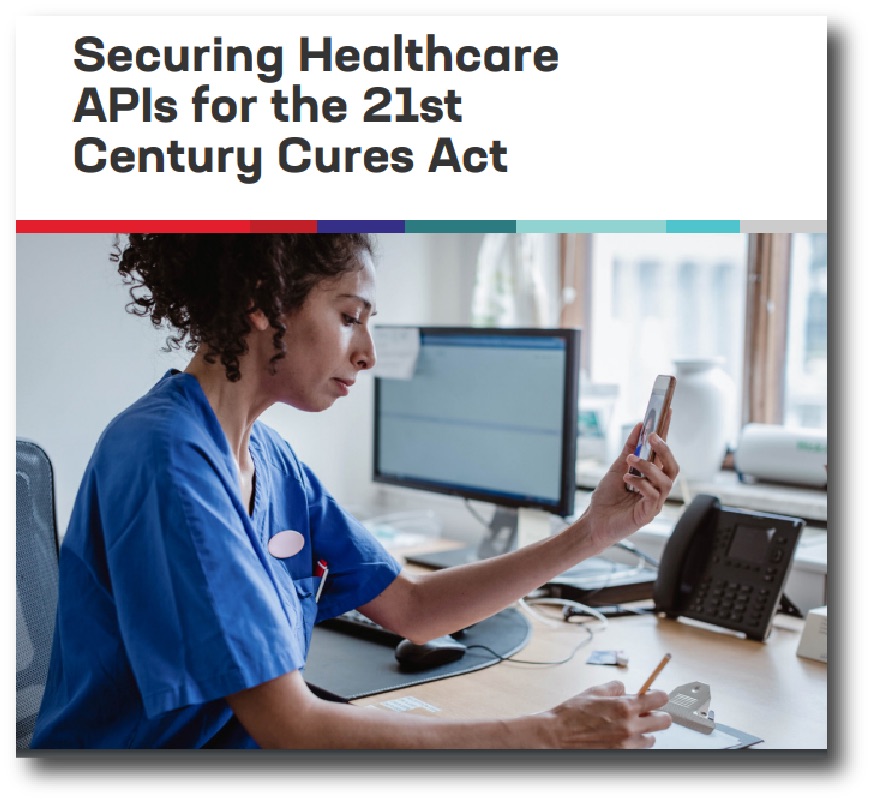Compliance & Legal
After resolving how it will review updates to previously approved artificial intelligence-enabled medical devices, the agency will release its full draft proposal for market submissions.
Through a recently completed multipronged red-teaming effort, the agency said it will develop repeatable testing datasets that can be used to evaluate large language model tools and services in the future.
SPONSORED
For many healthcare organizations (HCOs) working in a cloud environment, data visibility issues can present a challenge to maintaining regulatory compliance. ClearDATA’s CyberHealth™ Platform provides a real-time overview of an HCO’s data landscape, and its automated safeguards and controls with remediation steps enhance data security and compliance in the cloud.
SPONSORED
With a majority of healthcare organizations lacking proper technology to address HIPAA compliance, it’s imperative that quick action is taken to avoid serious security and data privacy breaches. Our comprehensive guide provides you with all you need to know to address this time-sensitive issue.
By creating new definitions and revising others, the proposed rule targets health and wellness technology companies operating outside of HIPAA and qualitatively expands the scope of what constitutes a PHR.
As the number and severity of cyberattacks, including ransomware attacks, increase, many healthcare organisations are realising that they need to not only protect against cyberattacks, but also to plan for cyber resilience – being able to recover quickly and remain operational in case of an attack. Creating a more cyber-aware organisation starts with a strong cybersecurity culture including ongoing training of all personnel, from the front lines on up to the C-suite. Alcatel-Lucent Enterprise outlines four steps that healthcare providers can take to improve their cyber incident recovery times and create more threat-resistant IT networks and systems.
Healthcare organizations must urge the Senate to pass critical telehealth legislation, and enact at least a two-year extension of the important PHE-era policies while working toward a permanent solution.
SPONSORED
In healthcare, collaborative communications are critical for success. Members of a care coordination team must work together closely and share information with one another to ensure positive patient outcomes – while still staying compliant with HIPAA regulations. Using non-compliant channels for communication between care teams can result in heavy fines and damage to a provider’s reputation. However, HIPAA isn’t static, and maintaining compliance requires staying up to date with changes in the law, which creates an additional burden for providers. RingCentral’s cloud communications platform makes it possible for providers to communicate and collaborate with multiple secure and HIPAA-compliant tools such as video, chat and file-sharing.
SPONSORED
The No Surprises Act, which seeks to increase transparency regarding medical billing and patient cost-sharing responsibility, was signed into law in late 2020 and went into effect January 2022. Although the No Surprises Act seeks to relieve some of the worries patients have about cost of care, it creates increased pressure on healthcare payers and providers. To stay compliant with the No Surprises Act and build transparency regarding pricing and patient costs liability, a member education and communication strategy is key. RingCentral can help payer organizations implement a communication plan that educates and engages members.
Healthcare organizations are facing a crucial deadline to address network and API security requirements tied to the 21st Century Cures Act. Healthcare providers and payers must give patients easier access to their health data and put security in place to guard that data – or face noncompliance penalties.


